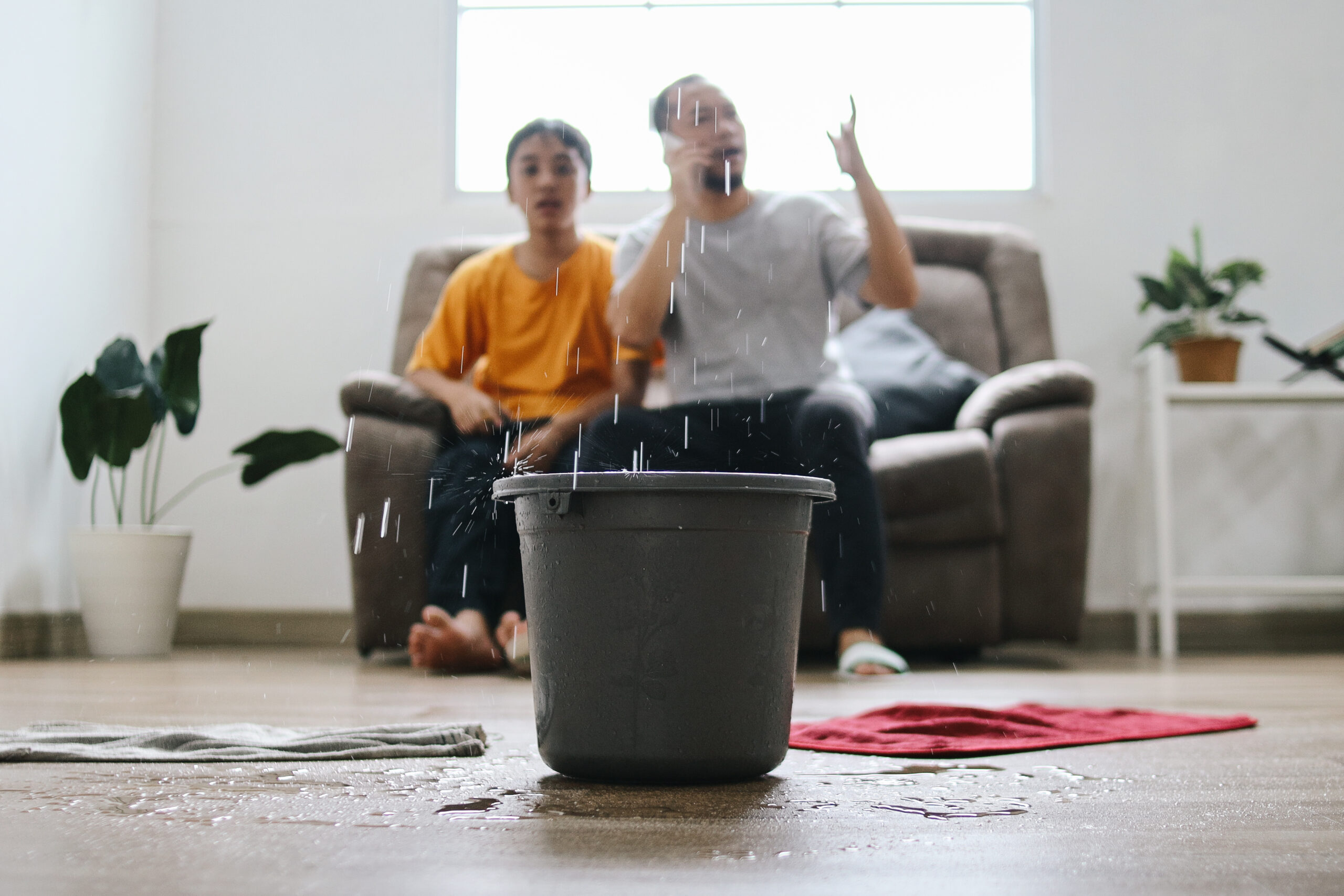
Our partner, Luke Weldon, has authored the second article in a series on the new Renters Reform Bill.
In my second article on the new Renters Reform Bill, I will deal with how the Government proposes to raise the quality of rented housing in the residential sector.
The law is quite robust here. The only reason the condition of rented accommodation has taken such a severe nosedive is due to the vast numbers of tenants chasing too few homes. Powerful landlords may have no economic incentive to bring properties up to a high standard when powerless tenants must put up with whatever poor condition and high rents the market throws at them.
The Decent Homes Standard is set to challenge this by extending its scope from the public to the private sector. This seeks to ensure that rented properties are safe, habitable, and properly maintained. This will include requiring landlords to meet certain minimum safety and maintenance standards and tackling issues such as mould, damp, and structural hazards.
I have no data on the effect this regulatory Standard has had on the quality of public housing. However, I can say that there is likely to be a very different impact of any such policy on large, often ethical and publicly accountable landlords as against, say, a landlord of a private flat above a sweet shop.
Failure to comply with the Standard could result in serious penalties, such as a fine of up to £7,000. If the fines are at or close to that maximum, this is likely to be enough to cut into the profit of a private landlord sufficient to deter. If they are much less, then landlords may weigh the cost of effective maintenance against the likely poultry fine and may take the risk.
There is also the potential for prosecution. However, I see prosecutions as rare creatures save in in the worst, high-profile cases like Awaab.
You will recall that tragic case of a toddler who died from exposure to mould. Awaab’s Law came into existence whereby public sector housing had a regime of legal deadlines for landlords to resolve serious health and safety hazards, such as mould and damp. The Bill seeks to extend that law into the private rented sector. Obviously, this throws up the same misgivings expressed above on what works in public may not work in private, so to speak.
This is an area of law that is becoming increasingly complex with the introduction of new protections for renters, the safest way to navigate these new challenges is with an experienced guide. Luke Weldon is a Partner at Carbon Law Partners specialising in real estate and commercial issues. You can contact him on 07816 755 372 or luke.weldon@carbonlawpartners.com.
